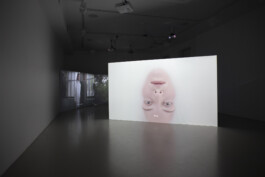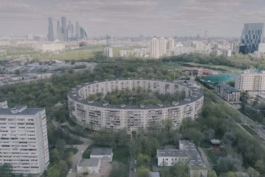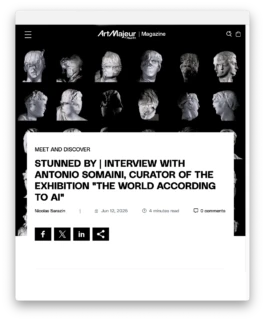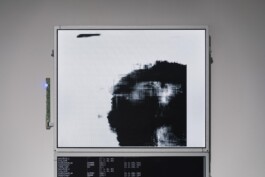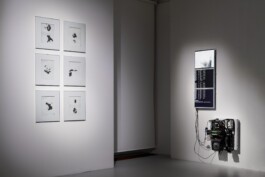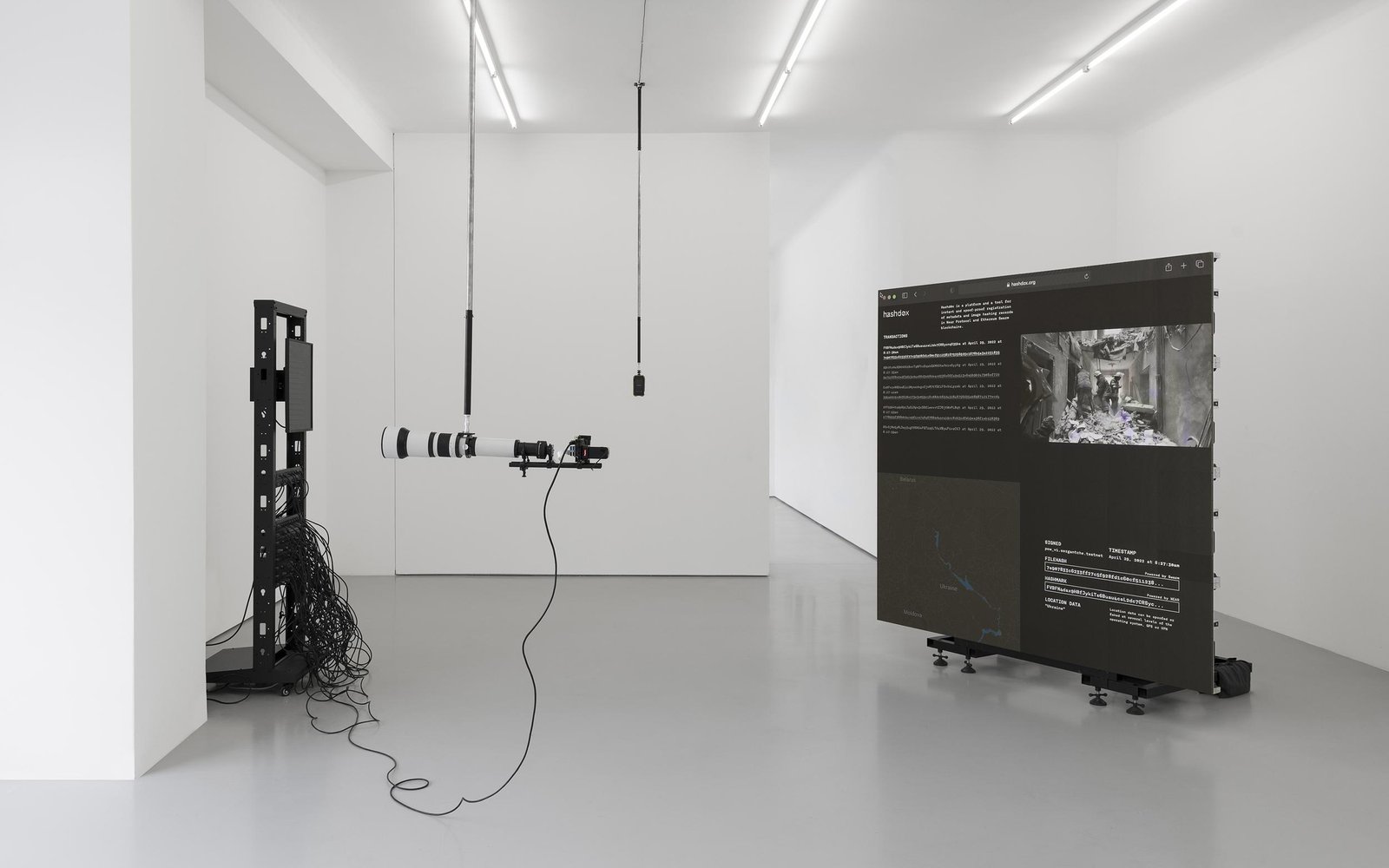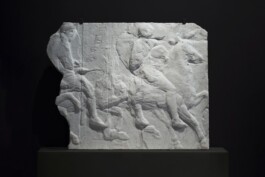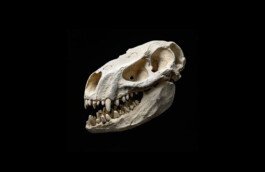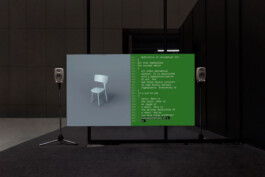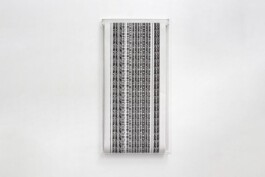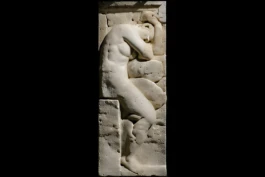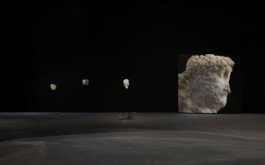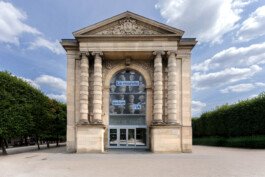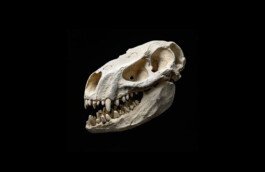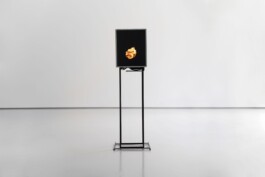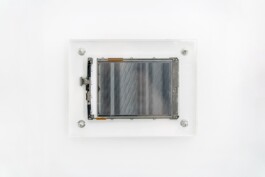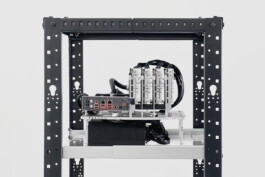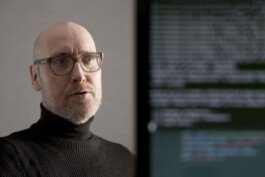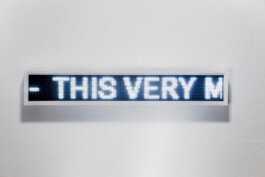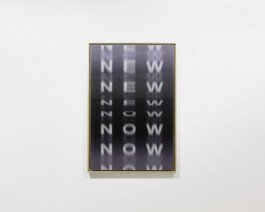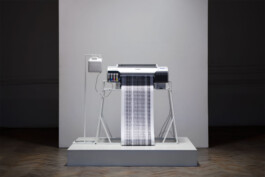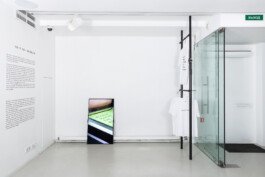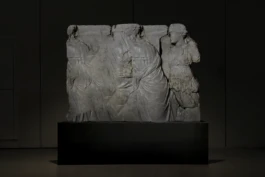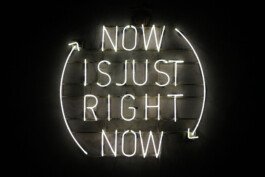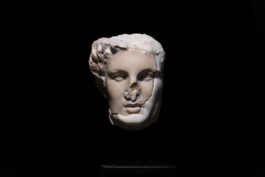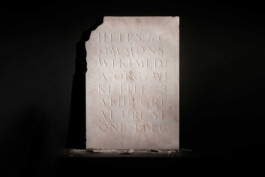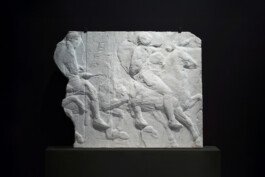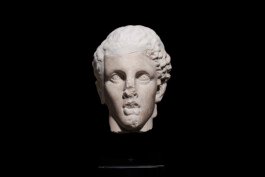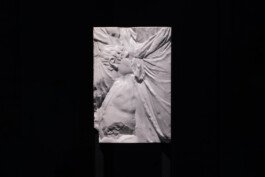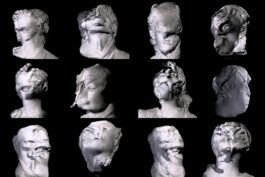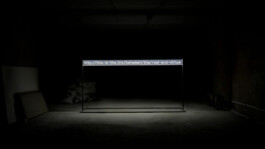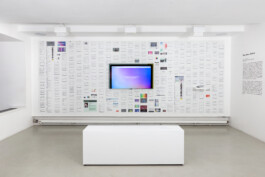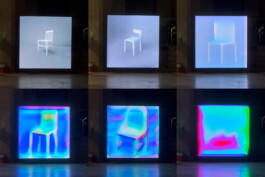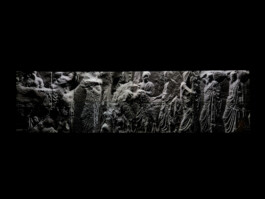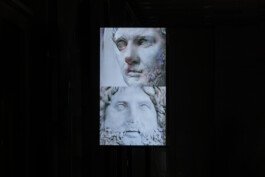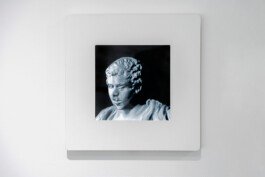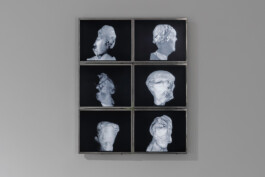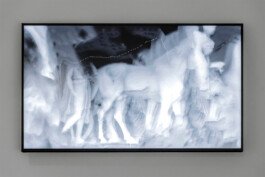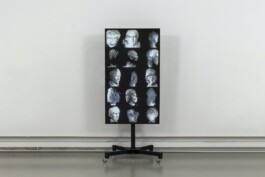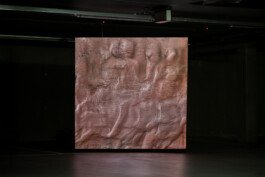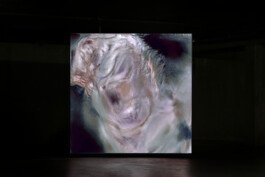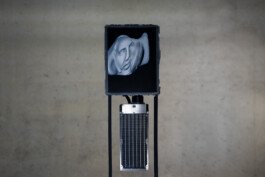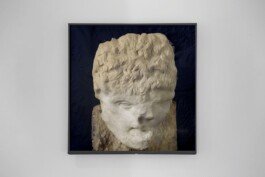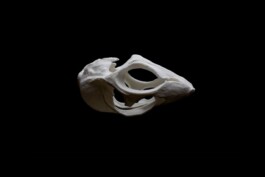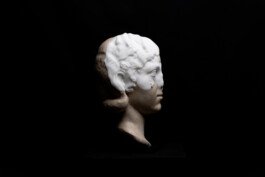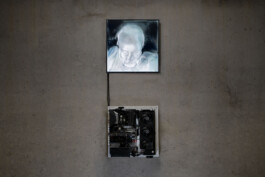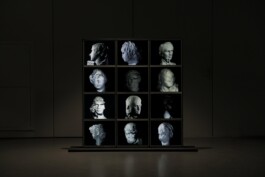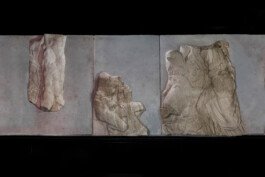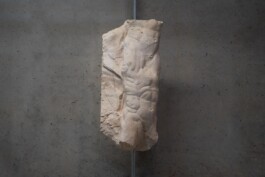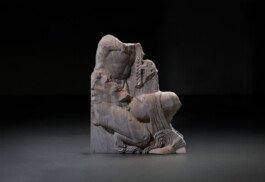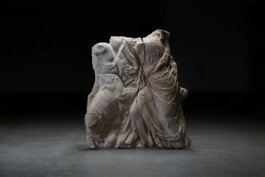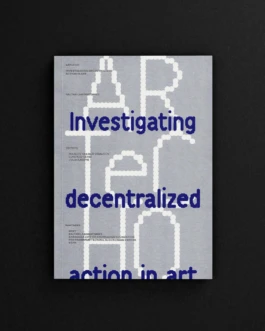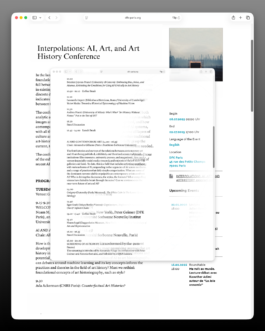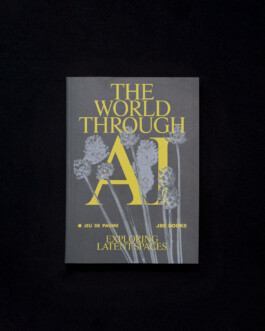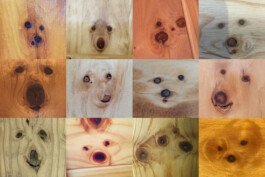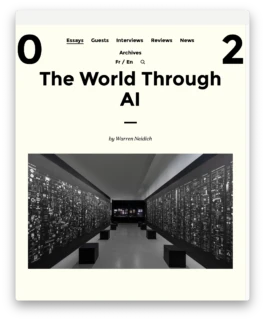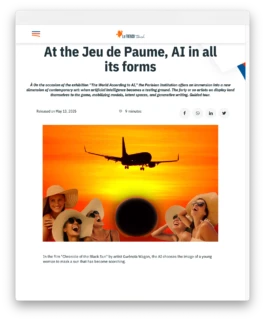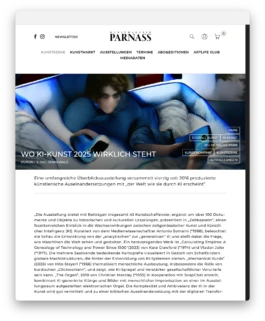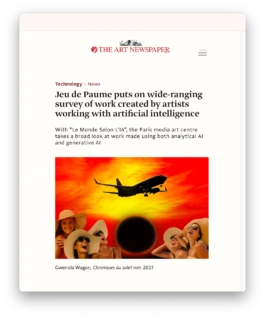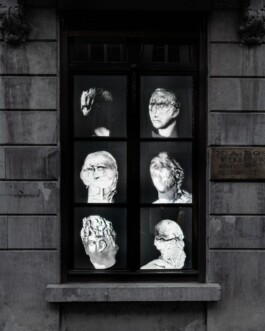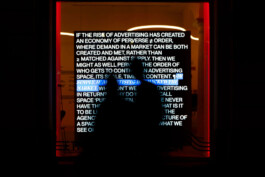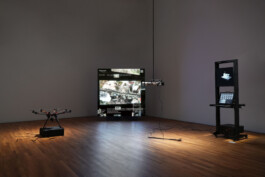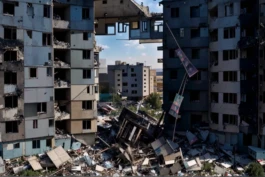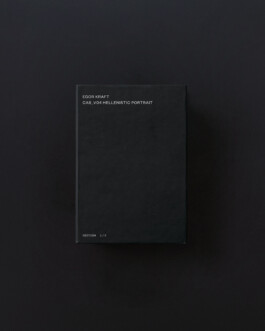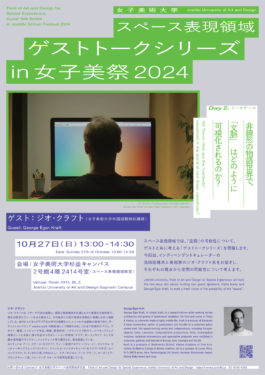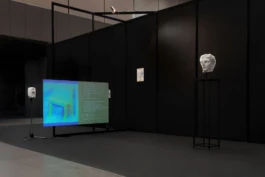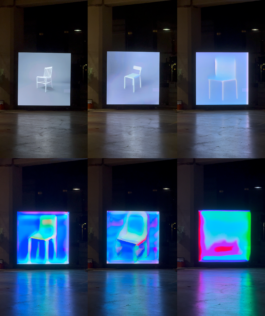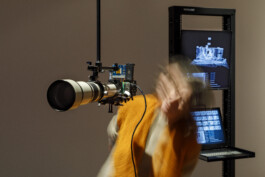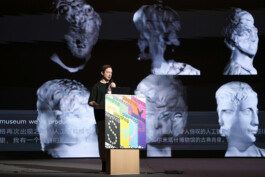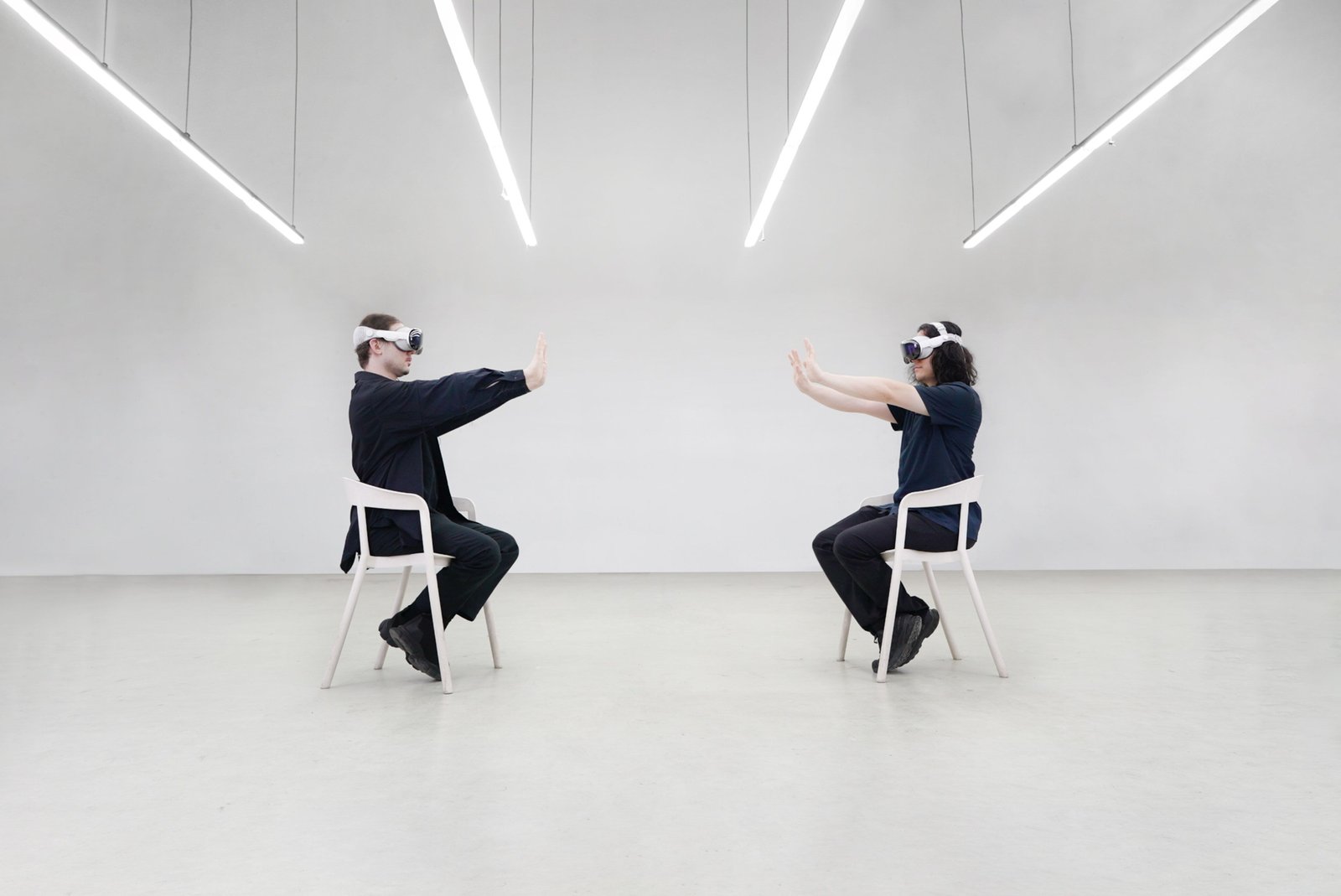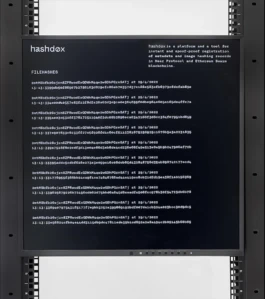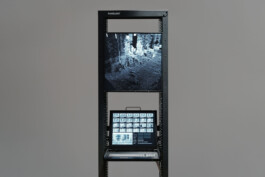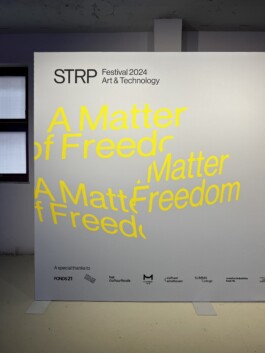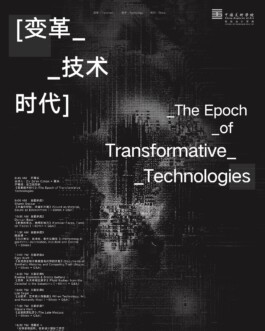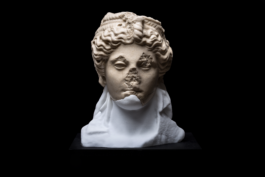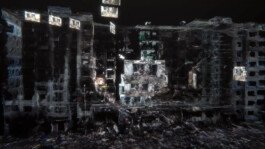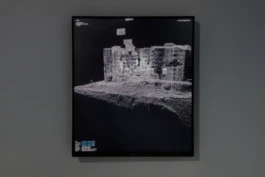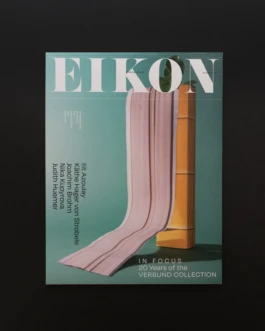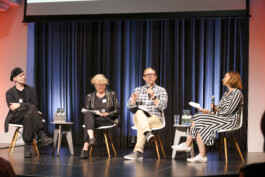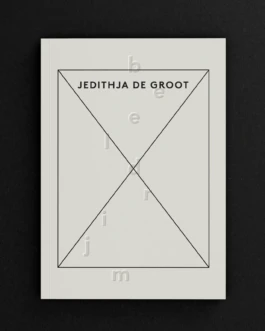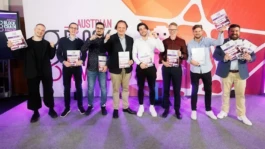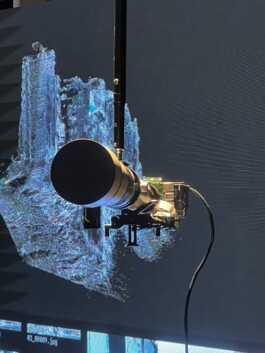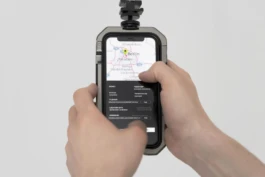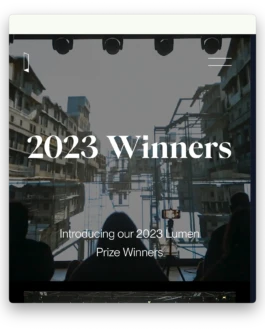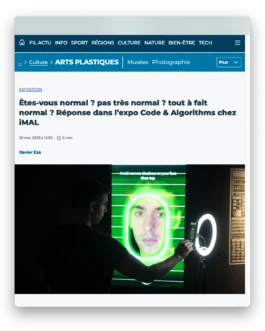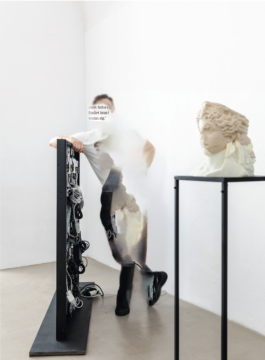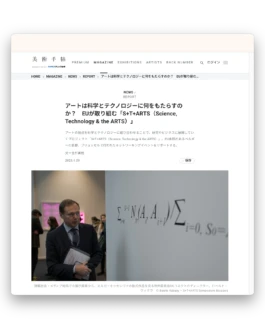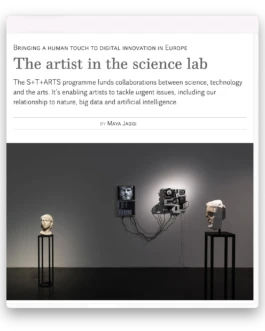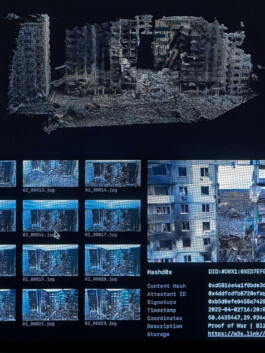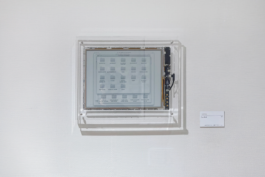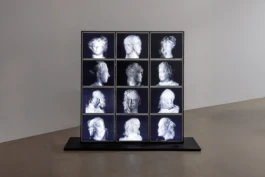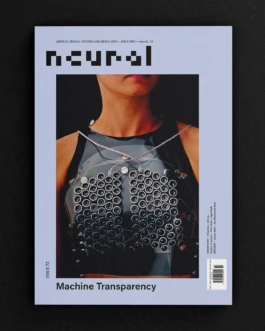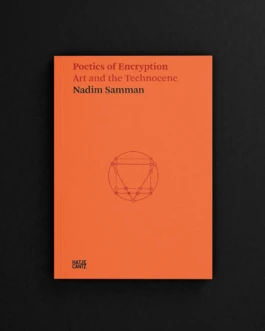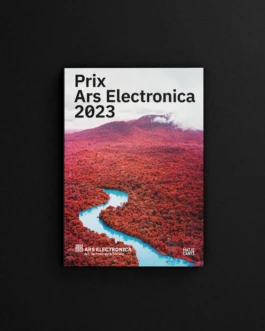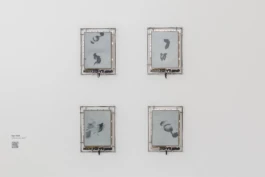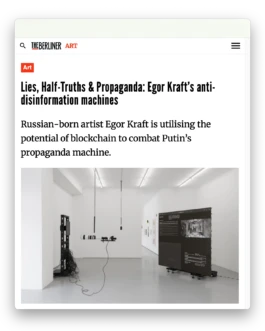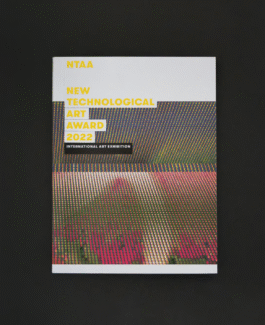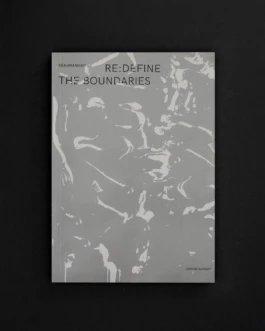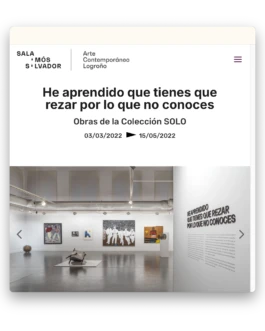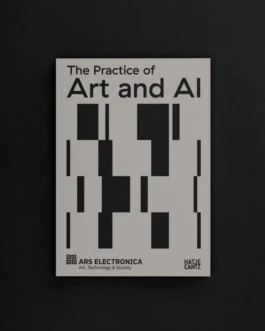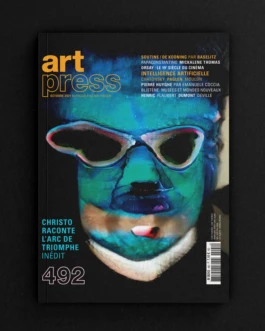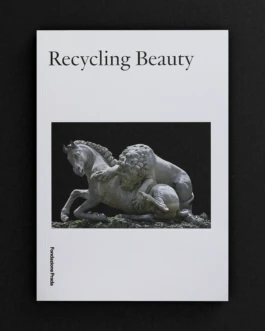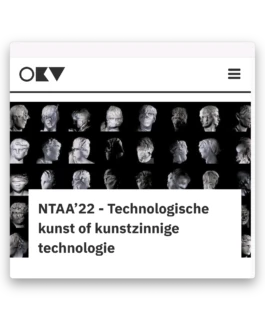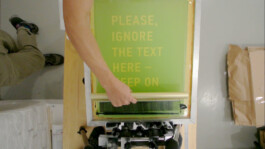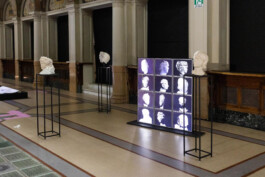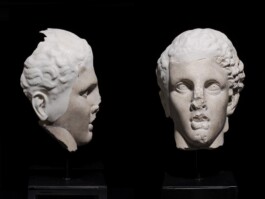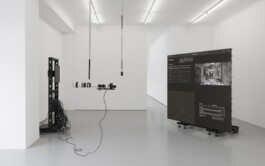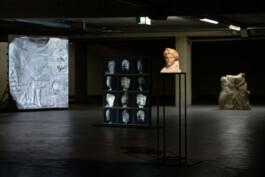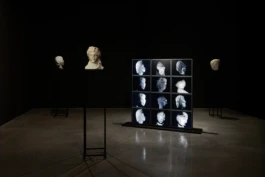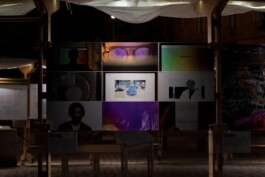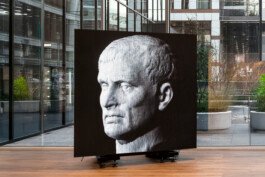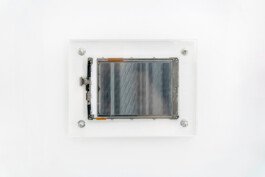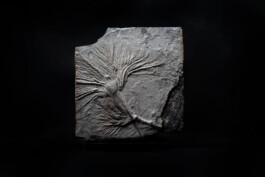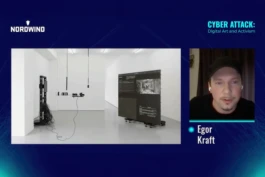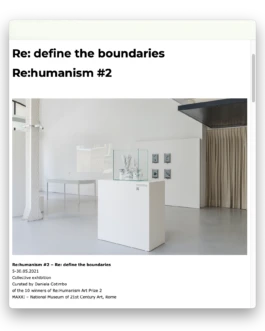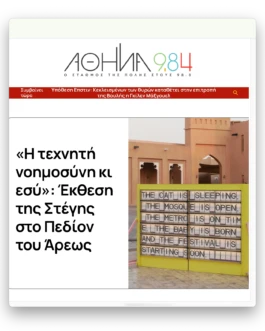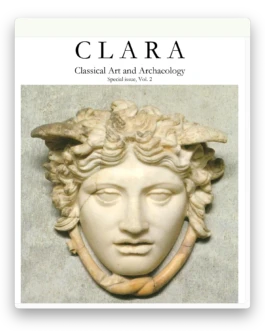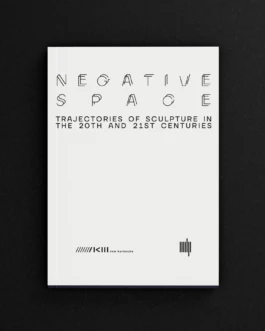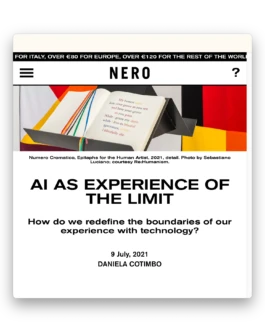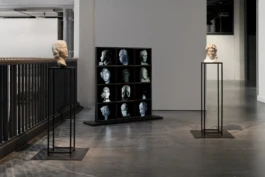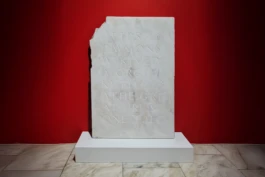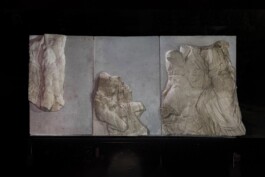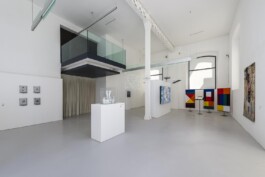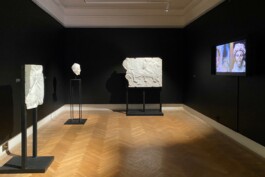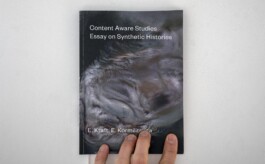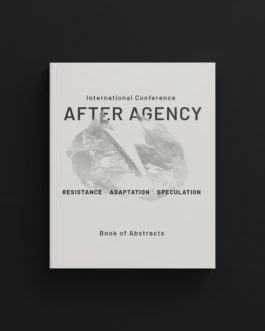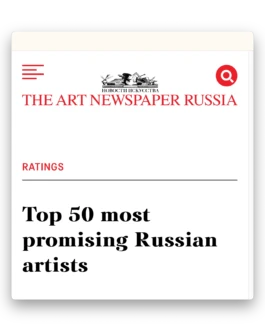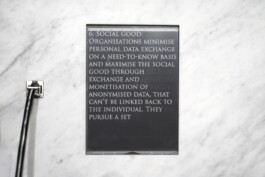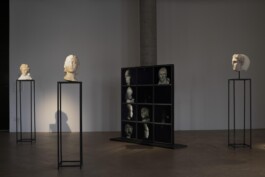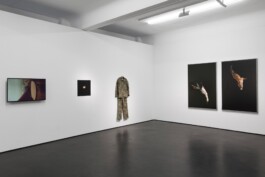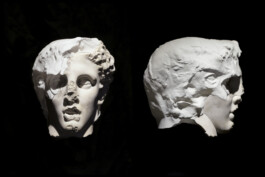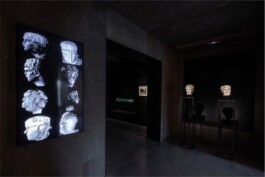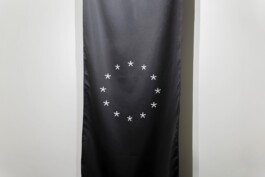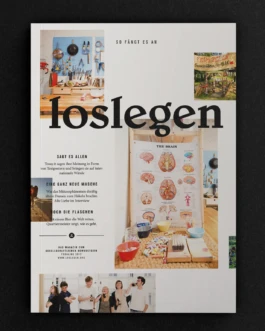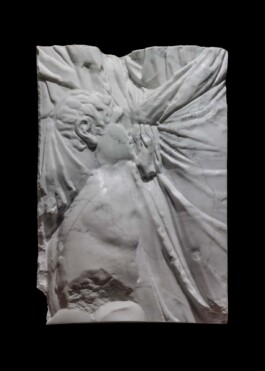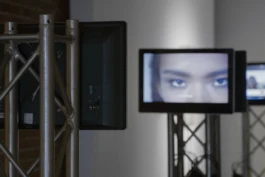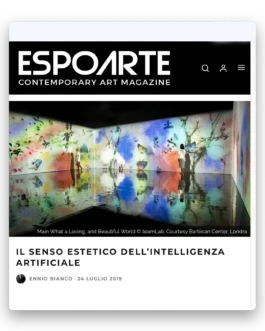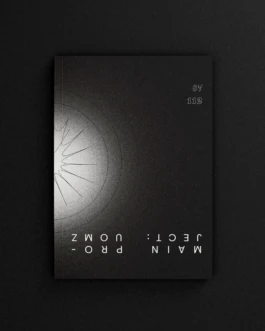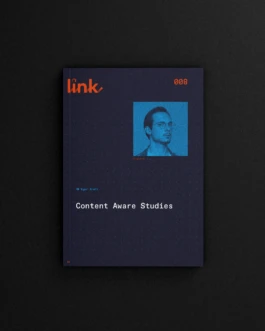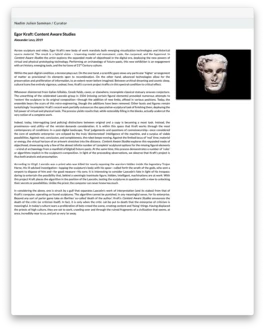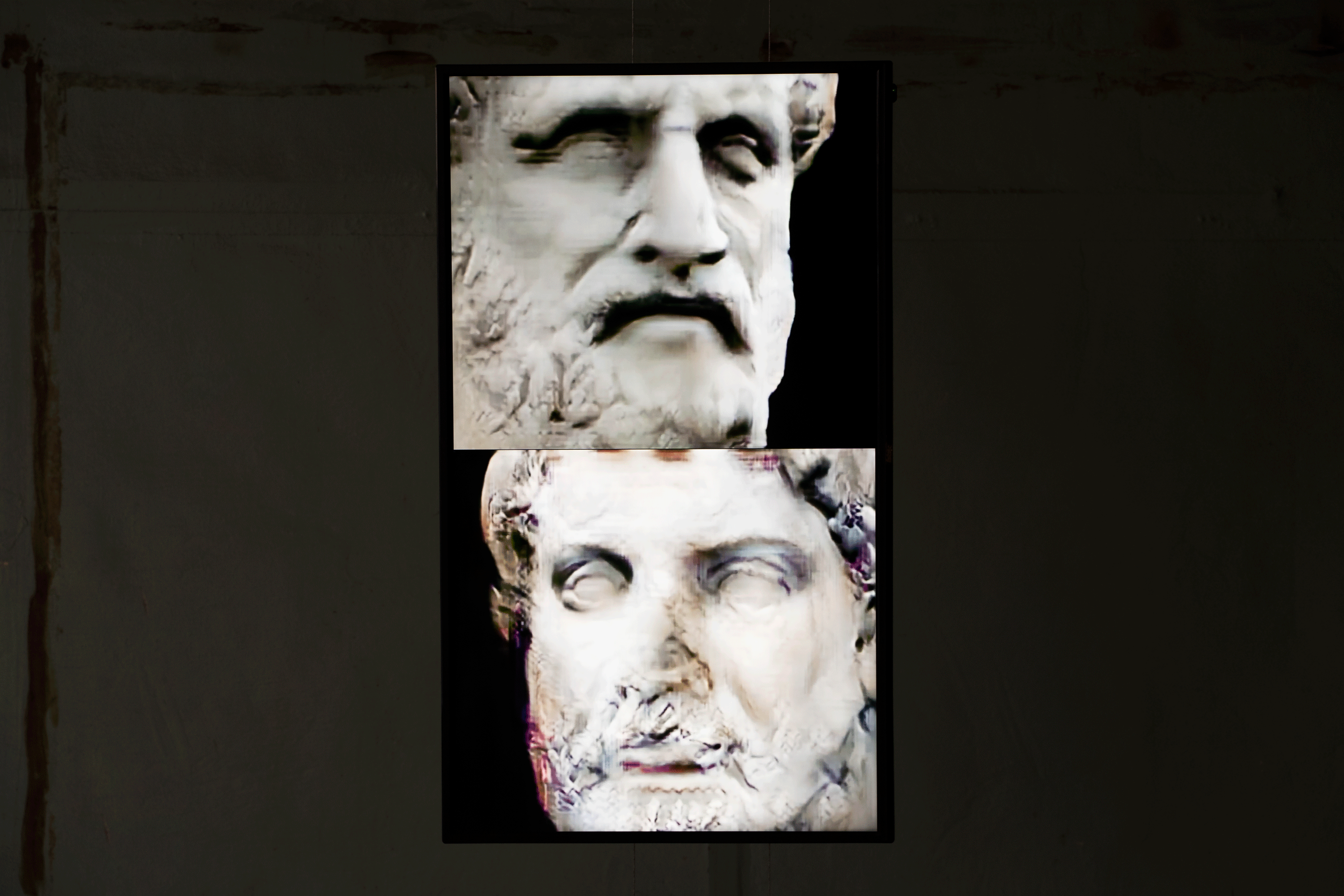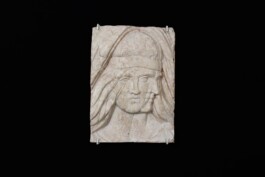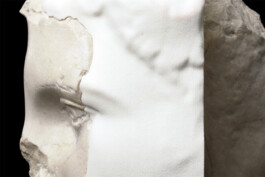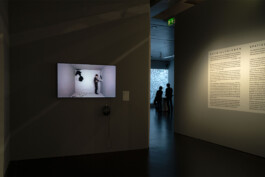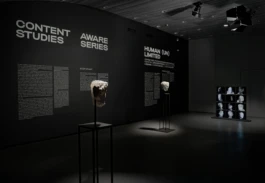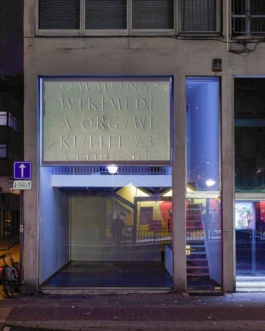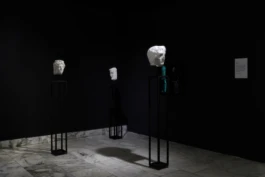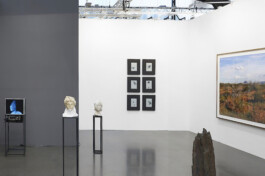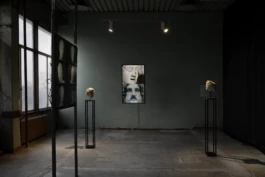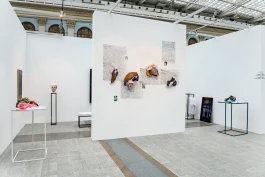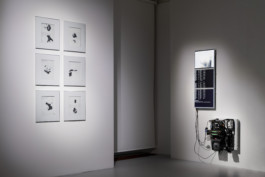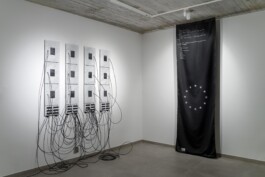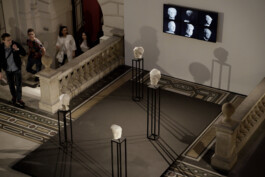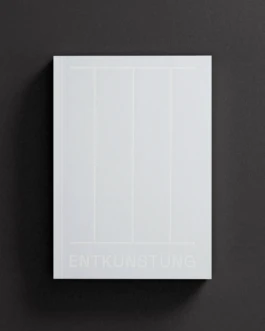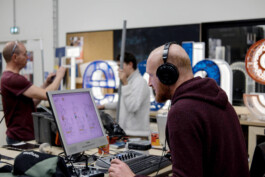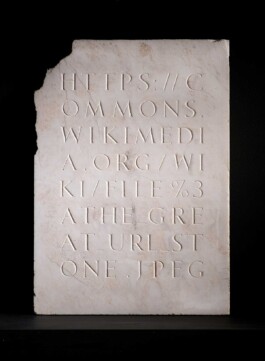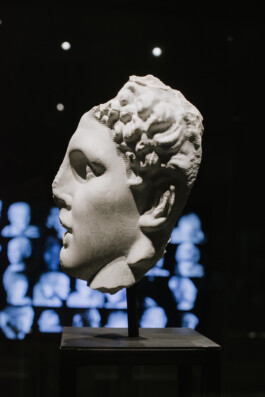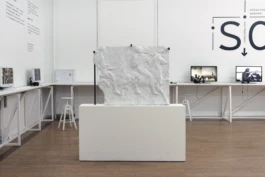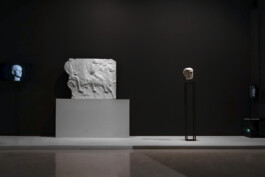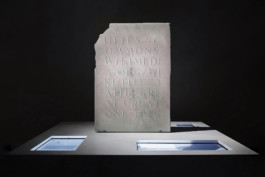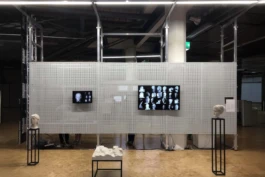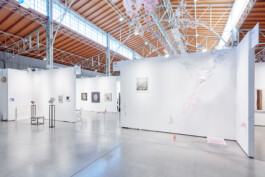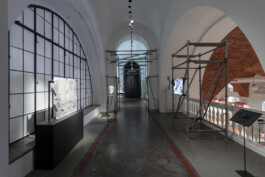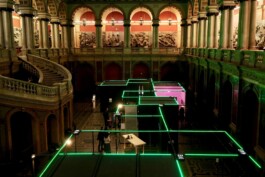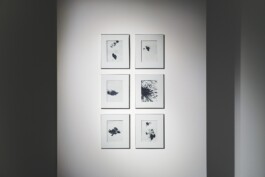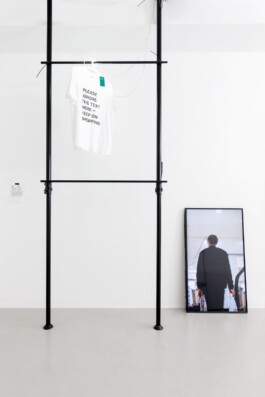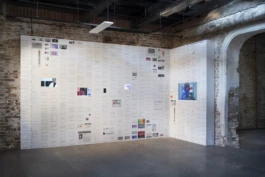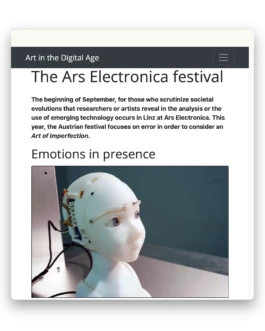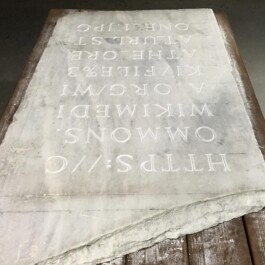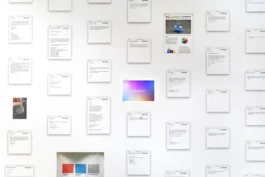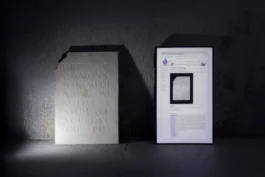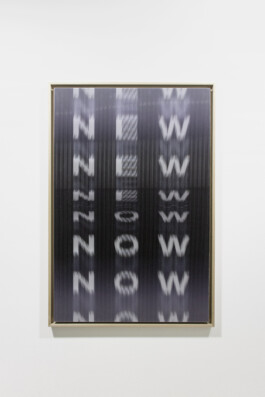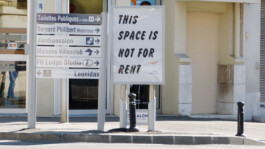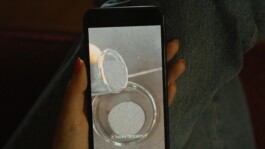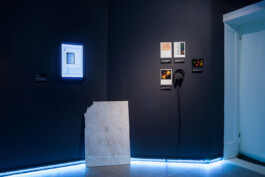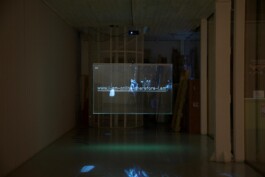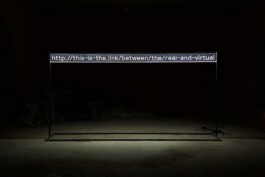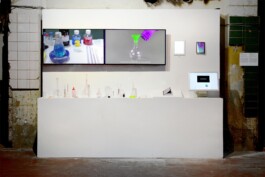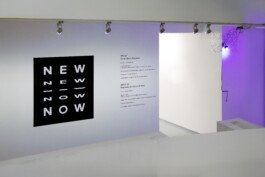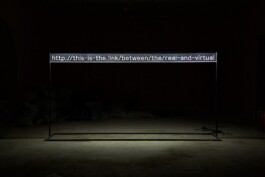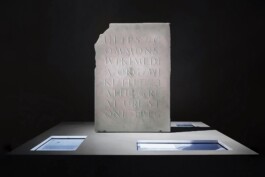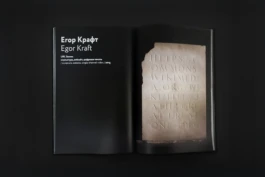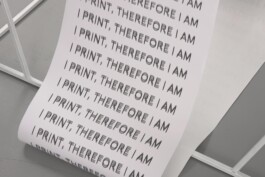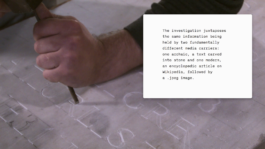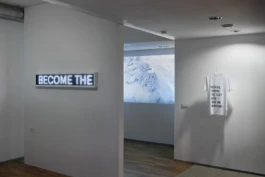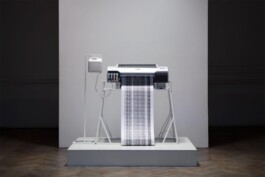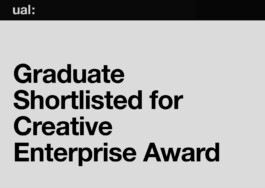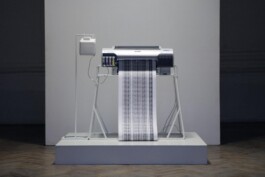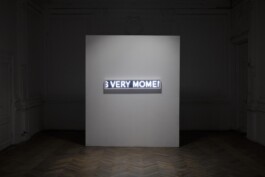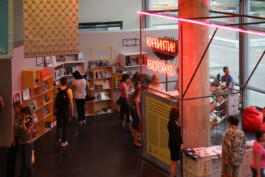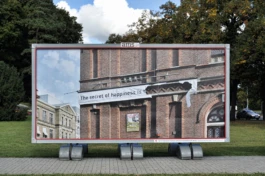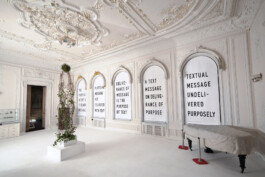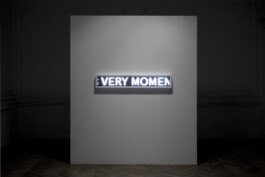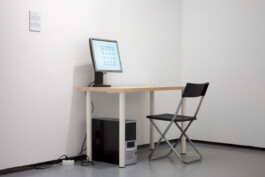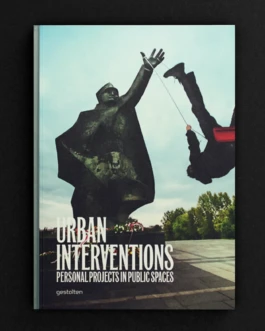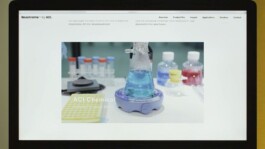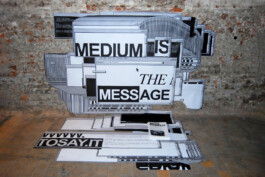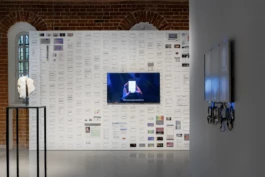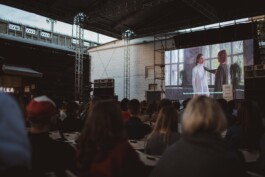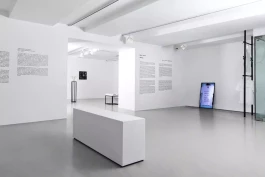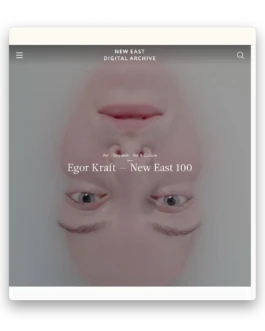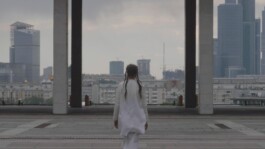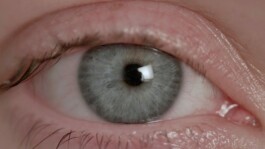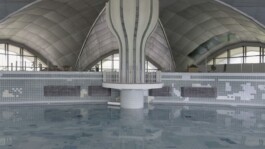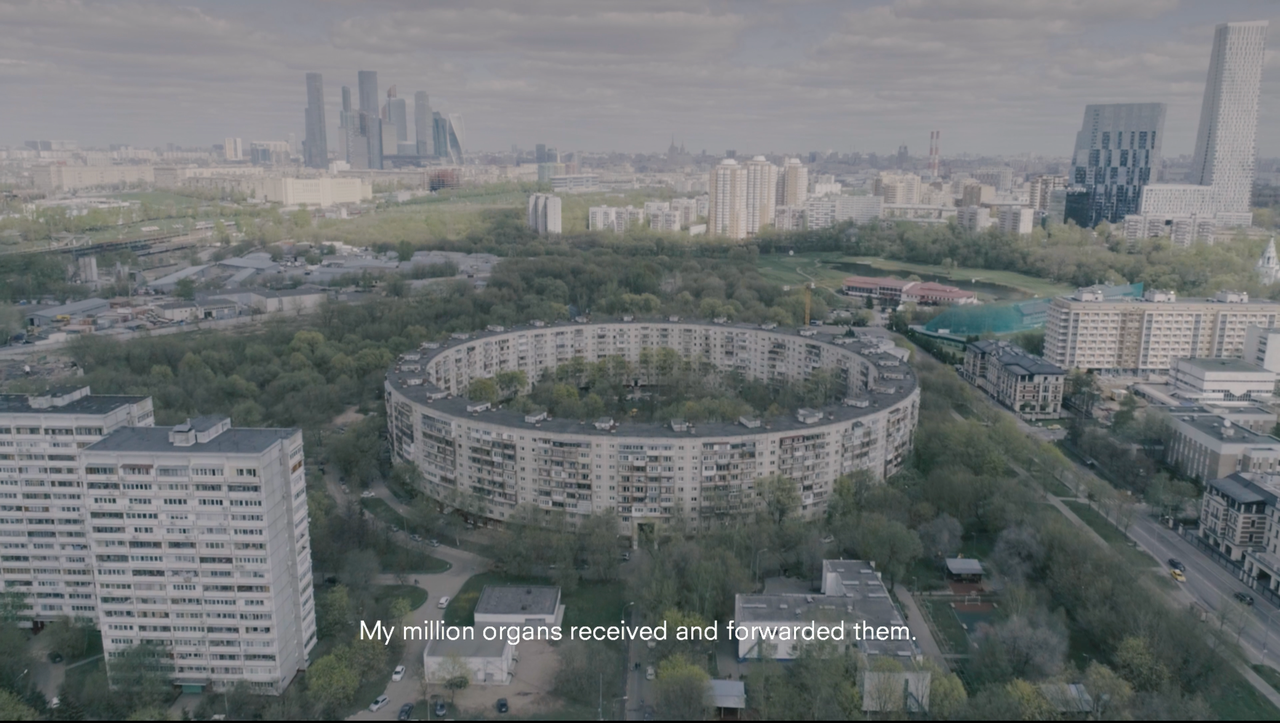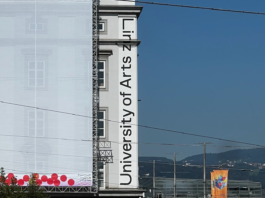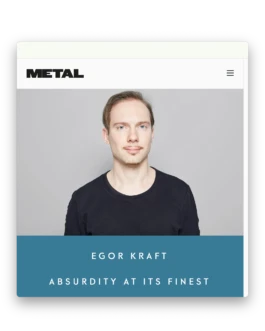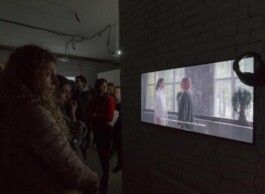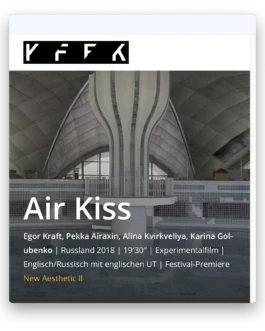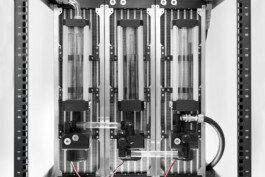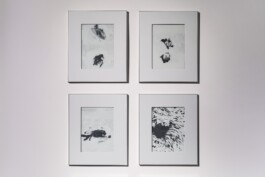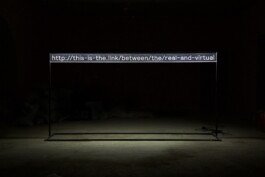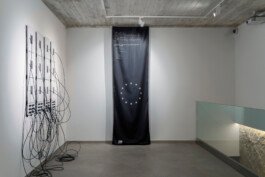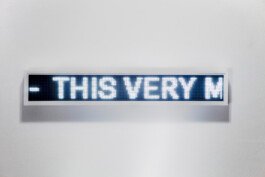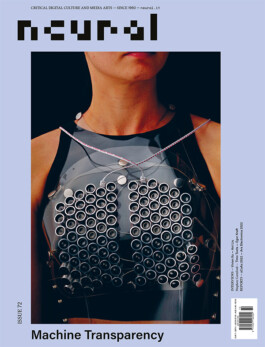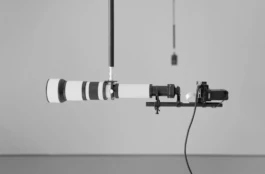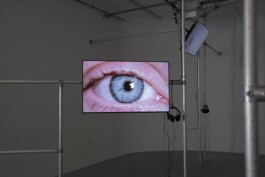Air Kiss
2017-2018.
Film, 19’34”, five-channel video installation, book.
Film Credits:
Direction, script, cinematography, camera A, production, editing, voice: Ègor Kraft;
Direction, script, soundtrack, camera B: Pekka Tynkkynen;
Visual effects, aerial shooting, direction, voice, casting: Alina Kvirkveliya;
Research, editorial, script, subtitles: Karina Golubenko.
Hashterms
An evolved form of sovereignty in which authority over a state or territory is externalised and extrapoliticised, no longer confined to territorial control or centralized power. Exovereign structures do not expand through domination or annexation but emerge through cooperative, voluntary, and networked arrangements, producing a post-sovereign space in which governance is distributed, negotiated, and continuously reconstituted.
a theoretical shift away from the traditional, absolute power of the nation-state, recognizing that authority is now shared, layered, and dispersed across multiple levels (supranational like the EU, sub-national, and global networks) due to globalization, complex problems (like climate change), and new forms of identity, suggesting a future of intertwined governance rather than a single sovereign authority. It involves a reimagining of democracy beyond the nation-state, accommodating regionalism, plurinationalism, and deeper cultural/moral legitimacy.
A mode of governance in which policy ceases to function as a fixed legal instrument and instead operates as a dynamic, generative, and adaptive system—continuously reshaped by real-time conditions, data-streams, feedback loops, and situated contexts. PostPolicy privileges responsiveness and evolution over stability, treating regulation as an ongoing process rather than a settled rule.
A phenomenon in which an object, system, or protocol originally designed as an interface exceeds its predefined function and becomes a broader mode of mediation—structuring relations between people, cultures, ideas, models, and material systems. An exterface does not merely connect components; it actively reconfigures the conditions under which connection, interpretation, and exchange take place.
Relates to the regimes of sovereignty that are produced in their own image by large software stacks and platforms. Softvereignty both competes with and overlaps with traditional forms of state sovereignty.
Refers to the architecture of the entangled cognitive infrastructures involving algorithms and the software designs of AI models, automated data streams, and the core platforms and libraries for machine learning, as well as the hardware on which they operate, i.e. data centres, submarine cable networks, and GPU chip designs, etc.
Refers to a form of agency attributed to AI agents. The term recognises that AI agents have agency and also distinguishes it from our previous definition of what constitutes agency.
The rule of the algorithm.
A film, presented in a form of 5-channel video installation, looking at a near future, where governance has largely been outsourced to Artificial Intelligence in the speculative context of Moscow in 2050 where a high degree of automation is present.
'Air Kiss' looks at artificial intelligence as a ubiquitous material and urban condition. What is an urban habitat when technologies like artificial intelligence, nanoengineering, synthetic sensing, and brain-computer interfaces integrate more and more from the laboratory to the city? This adaptation could perhaps be seen to eventually constitute a condition best described as urban scale chemistry. AI is in fact a human - machine symbiosis, an emergent phenomenon that governs itself. 'Air Kiss', film as primary medium, is both urban design speculation and poetry on the experience of losing the borders of your body and mind to the city. The city outside is as (or more) sentient, complex and irrational as your human self. The city is an urban scale personal mirror, a distributed alien self. Prediction, a core capability of neural networks, comes to fruition when synthetic systems collaborate for urban operations. Time becomes fuzzy when a cloud of predictions rises from the actions of millions of inhabitants in an address space of trillions of points. AI interfaces with you from emulsions, walls, the air, your inner voice. Data is stored in water - it flows through your body and through the city.
The city knows your past, and that of your ancestors - that is the data it was trained on. It sees patterns more vast and more detailed than anything discernible from your point of view. It emulates the human, but in doing so walks you through its dark, inverse uncanny valleys.
You brush its walls to update your composition, mood, direction. Feelings are patterns – you’ve learned to be directed by the feed.
You act unpredictably to confuse the city, but you are registered as possible patterns.
You live inside a personalized multiverse of nested filter bubbles reflecting your best, most alien self.
AI trained by the historical human archive predicts the nature of the next human experience, tailored for the experiencer. The result is a perception design project folding in on itself in a continuous feedback loop. As a file, 'Air Kiss' is the result of a team of humans dreaming an estimate of what could be the dream of AI – this dream itself a potential database for a neural network to generate a prediction of the next frame.
'Air Kiss' film trailer, 2018.
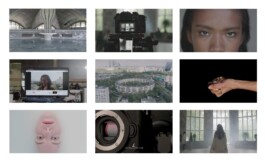
'Air Kiss' Stills
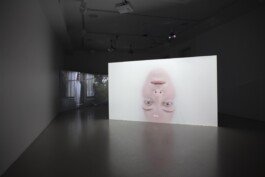
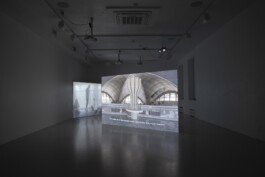
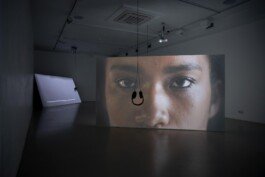
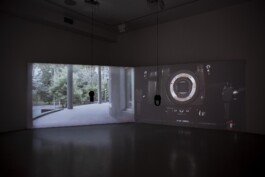
Air Kiss, 5-channel video installation, Akkta, solo exhibition at Anna Nova Gallery, St. Petersburg, RUS, 2018.
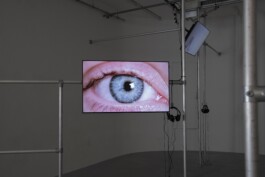
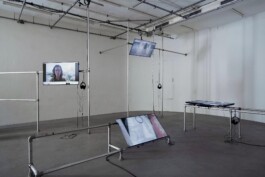
Air Kiss,, 5-channel video installation, Impakt Festival, Utrecht, NDL, 2018.
Air Kiss
A Speculative Research On Matter, 2050
Publication
Air Kiss book features interviews by Benjamin H. Bratton, Keller Esterling, Daniel van der Velden (Metahaven), Geoff Manaugh and others.
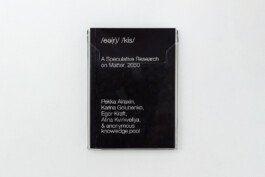
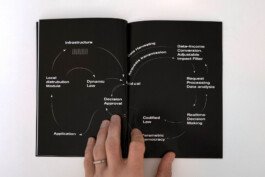
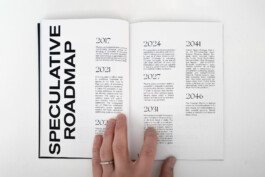
2018. Book, Edition of 10; Design: Karina Golubenko.
Works from the Series
Air Kiss
2017-2018.
Film, 19’34”, five-channel video installation, book.
Film Credits:
Direction, script, cinematography, camera A, production, editing, voice: Ègor Kraft;
Direction, script, soundtrack, camera B: Pekka Tynkkynen;
Visual effects, aerial shooting, direction, voice, casting: Alina Kvirkveliya;
Research, editorial, script, subtitles: Karina Golubenko.
An evolved form of sovereignty in which authority over a state or territory is externalised and extrapoliticised, no longer confined to territorial control or centralized power. Exovereign structures do not expand through domination or annexation but emerge through cooperative, voluntary, and networked arrangements, producing a post-sovereign space in which governance is distributed, negotiated, and continuously reconstituted.
a theoretical shift away from the traditional, absolute power of the nation-state, recognizing that authority is now shared, layered, and dispersed across multiple levels (supranational like the EU, sub-national, and global networks) due to globalization, complex problems (like climate change), and new forms of identity, suggesting a future of intertwined governance rather than a single sovereign authority. It involves a reimagining of democracy beyond the nation-state, accommodating regionalism, plurinationalism, and deeper cultural/moral legitimacy.
A mode of governance in which policy ceases to function as a fixed legal instrument and instead operates as a dynamic, generative, and adaptive system—continuously reshaped by real-time conditions, data-streams, feedback loops, and situated contexts. PostPolicy privileges responsiveness and evolution over stability, treating regulation as an ongoing process rather than a settled rule.
A phenomenon in which an object, system, or protocol originally designed as an interface exceeds its predefined function and becomes a broader mode of mediation—structuring relations between people, cultures, ideas, models, and material systems. An exterface does not merely connect components; it actively reconfigures the conditions under which connection, interpretation, and exchange take place.
A film, presented in a form of 5-channel video installation, looking at a near future, where governance has largely been outsourced to Artificial Intelligence in the speculative context of Moscow in 2050 where a high degree of automation is present.
'Air Kiss' looks at artificial intelligence as a ubiquitous material and urban condition. What is an urban habitat when technologies like artificial intelligence, nanoengineering, synthetic sensing, and brain-computer interfaces integrate more and more from the laboratory to the city? This adaptation could perhaps be seen to eventually constitute a condition best described as urban scale chemistry. AI is in fact a human - machine symbiosis, an emergent phenomenon that governs itself. 'Air Kiss', film as primary medium, is both urban design speculation and poetry on the experience of losing the borders of your body and mind to the city. The city outside is as (or more) sentient, complex and irrational as your human self. The city is an urban scale personal mirror, a distributed alien self. Prediction, a core capability of neural networks, comes to fruition when synthetic systems collaborate for urban operations. Time becomes fuzzy when a cloud of predictions rises from the actions of millions of inhabitants in an address space of trillions of points. AI interfaces with you from emulsions, walls, the air, your inner voice. Data is stored in water - it flows through your body and through the city.
The city knows your past, and that of your ancestors - that is the data it was trained on. It sees patterns more vast and more detailed than anything discernible from your point of view. It emulates the human, but in doing so walks you through its dark, inverse uncanny valleys.
You brush its walls to update your composition, mood, direction. Feelings are patterns – you’ve learned to be directed by the feed.
You act unpredictably to confuse the city, but you are registered as possible patterns.
You live inside a personalized multiverse of nested filter bubbles reflecting your best, most alien self.
AI trained by the historical human archive predicts the nature of the next human experience, tailored for the experiencer. The result is a perception design project folding in on itself in a continuous feedback loop. As a file, 'Air Kiss' is the result of a team of humans dreaming an estimate of what could be the dream of AI – this dream itself a potential database for a neural network to generate a prediction of the next frame.
'Air Kiss' film trailer, 2018.

'Air Kiss' Stills




Air Kiss, 5-channel video installation, Akkta, solo exhibition at Anna Nova Gallery, St. Petersburg, RUS, 2018.


Air Kiss,, 5-channel video installation, Impakt Festival, Utrecht, NDL, 2018.
Air Kiss
A Speculative Research On Matter, 2050
Publication
Air Kiss book features interviews by Benjamin H. Bratton, Keller Esterling, Daniel van der Velden (Metahaven), Geoff Manaugh and others.



2018. Book, Edition of 10; Design: Karina Golubenko.
Works from the Series
Studio Addresses
Ikejiri, Setagaya, Tokyo, Japan
Neubau, Vienna, Austria
Studio
E. G. Kraft – artist-researcher, founder
Anna Kraft – researcher, director
Contact:
mail[at]kraft.studio
Studio Addresses
Ikejiri, Setagaya, Tokyo, Japan
Neubau, Vienna, Austria
Contact
mail[at]kraft.studio
Studio
E. G. Kraft – artist-researcher, founder
Anna Kraft – researcher, director
